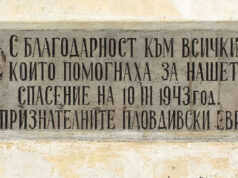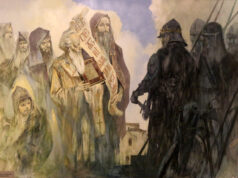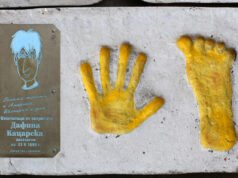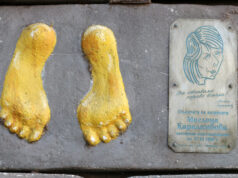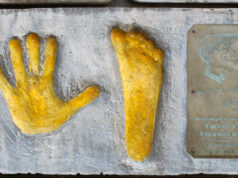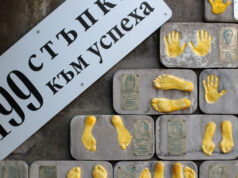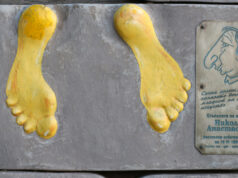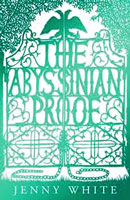 Turkish politics and society are the center of this novel which mingles fascinating historical facts of medieval Constantinople with fictional events in (almost) modern Istanbul, set perhaps in the late 1880’s. At that time, Macedonia and Bulgaria were minor players in the vast, crumbling Ottoman Empire.
Turkish politics and society are the center of this novel which mingles fascinating historical facts of medieval Constantinople with fictional events in (almost) modern Istanbul, set perhaps in the late 1880’s. At that time, Macedonia and Bulgaria were minor players in the vast, crumbling Ottoman Empire.
As kites tossing in a high wind make colors unfurl, the beauty of the book lies in how it unravels the complexity of racial relations in the late Ottoman Empire. The actions of British politicians, Turkish pashas, military police and many ethnic and religious sects in the city are interwoven to shape a tale of religion, mystery and crime.
In a fever of resentment, the city is a tinder box ready to burst into fire, due to the disparate masses crowded into Old Istanbul. Greek Christians, Jewish Rabbis and Muslim believers live cheek by jowl in a wild tangle of villas. Kamil, a young, idealistic magistrate in the new secular courts, is given just one week to solve the puzzle surrounding various thefts of antiquities around his quarter of the city. Illuminated manuscripts were taken, Greek gold pieces stolen, and Roman and Christian religious items of unimaginable value have gone missing. One of the stolen items is an Abyssinian artifact which the tiny community feels gives proof of the authenticity of their faith and practices.
Were the items taken from ancient Patriarchates to undermine these non-Muslim communities? Christians trusted in the protection proffered by these priceless icons and they blame Muslims and Jews of playing a part in the disappearances. As the story unwinds, two communities take center stage: a Muslim family who provide safe haven to a slave fleeing Macedonia to escape massacre, and a peculiar syncretistic religious sect blending Christian images with Islamic rituals.
Although the Balkan countries have only a small part in the book, it is a pivotal one, which often seems the case with Bulgaria or Macedonia. At the very beginning of the book, local police call Kamil for help capturing a young assassin who shot an aide to the governor of Macedonia in broad daylight. As it turns out, the youth came to Istanbul to take revenge on this corrupt official, a known pervert who dishonored his beloved sister. Kamil is disturbed by the apparent facts of the case, but is powerless to aid the boy. The age old story of Ottoman abuses in distant provinces sets the stage for further crimes on Turkish soil.
Jenny White’s tale explores how a religious community behaves during seasons of persecution and explains the accommodations they are forced to make. She does not elevate Islam over Christianity or vice versa, but attempts to draw the three faiths closer together, inviting Christians, Jews and Muslims to see what they share in common rather than dwelling on differences. The book is not timeless prose, but provides an entertaining diversion set within the Ottoman historical context.
Citation:
White, Jenny. The Abyssinian Proof, London: Phoenix, 2008.
ISBN 978-0-7538-2439-9
Buy The Abyssinian Proof: A Kamil Pasha Novel now from Amazon.com.
[ad#Amazon Books bulgarian history, bulgaria]



